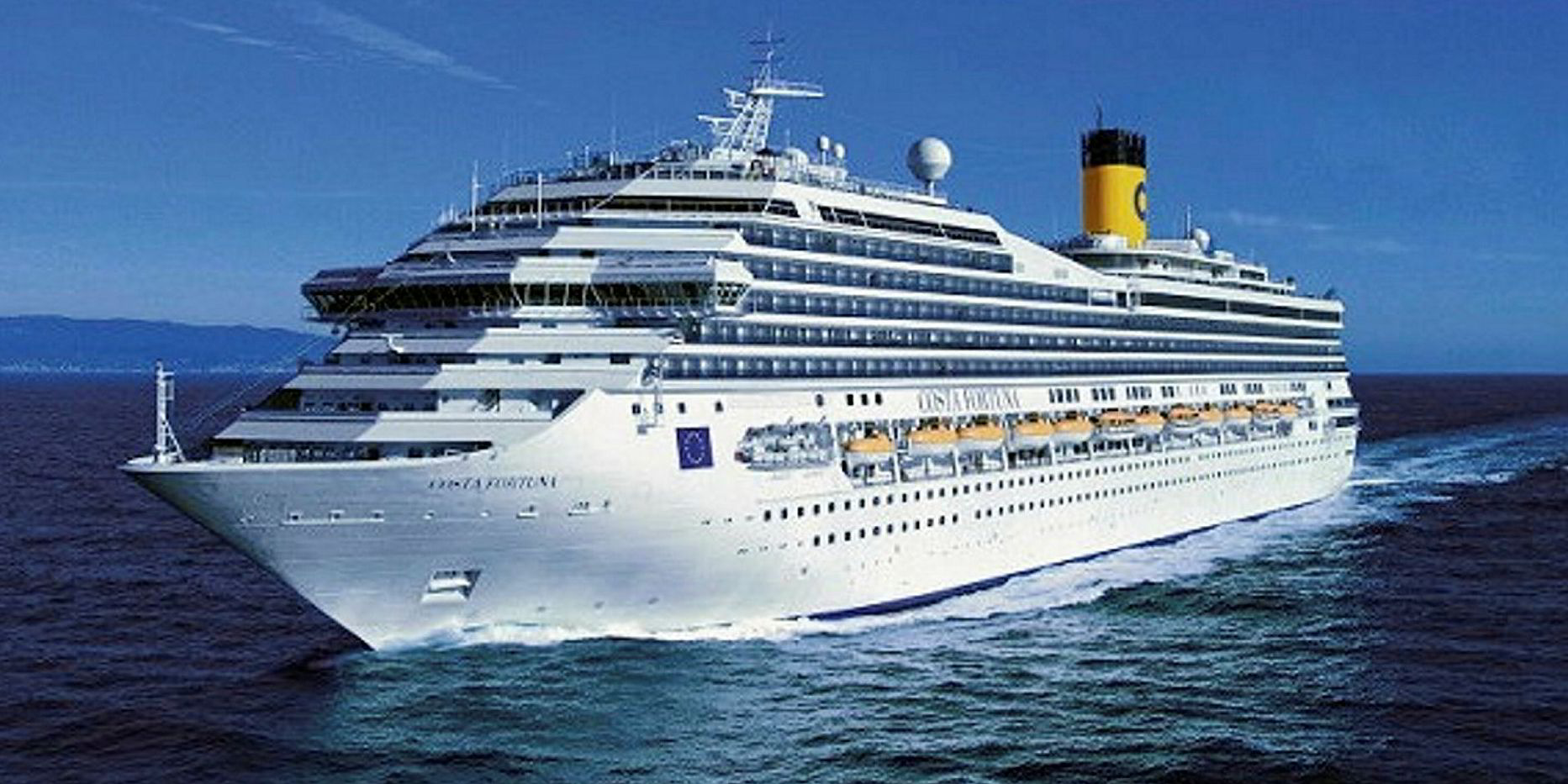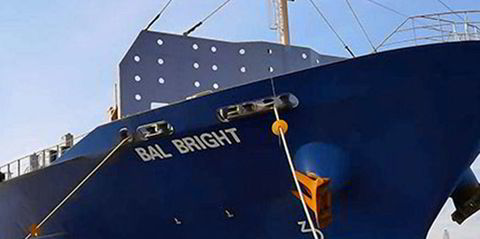Cruise majors are managing to survive the historic coronavirus downturn on billions of dollars of debt, but such a lifeline is coming at a very dear cost to these once-booming giants.
The banks are charging high rates on various loan instruments to these New York-listed owners while their credit ratings fall from towering heights amid a complete pause in vessel operations as a result of the Covid-19 pandemic.
Royal Caribbean Cruises, which owns 62 vessels, in mid-May closed a private offering of $1bn in secured notes at 10.875% due in 2023 and $2.32bn in debt at 11.5% due 2025.
It put up 28 ships and "material intellectual property" as collateral for the $3.32bn lifeline.
Norwegian Cruise Line Holdings, which has 28 ships, a week earlier capped off a private offer for $675m in secured debt at 12.25% due 2024. The notes are backed by two ships, intellectual property and two company-owned islands.
Neither company would identify the vessels or intellectual property.
The company on Thursday followed that offering by selling another $1bn in three-year bonds, backed by seven ships, at 9.125%, according to Bloomberg.
The New York-listed company is also selling another $1bn in convertible notes due in 2023 at 5% to 5.5% interest with a 20% to 25% conversion premium, Bloomberg reported.
Royal Caribbean expects to use the combined net proceeds from the $2bn in combined debt offerings for general corporate purposes, including paying off $18bn in debt.
Carnival Corp, the world's largest cruise company with 104 ships, in early April closed a private offering of $4bn in secured notes due in 2023 at 11.5%.
Call to the "Big Three" cruise companies were not returned.
It's all about the risk
The cruise companies are paying such high rates on debt because of the high credit risk tied to absorbing enormous fleet lay-up costs while making absolutely no money, industry experts said.
"The cruiseship companies continue to face a high rate of cash burn with no clear end in sight as they extend cancellations through the summer and possibly longer," said Mark Fischer, director of credit research for New York investment research firm Reorg.
"Investors require a return to compensate them for the additional risk of the companies requiring more cash or having to restructure thereby getting layered with additional debt."
But investors are willing to shoulder the risk because they believe that there is a turnaround in the works, Tigress Financial Partners Ivan Feinseth said.
"Interest rates are a function of credit ratings, cash flows, asset values and risks," he told TradeWinds.
The fact that Carnival and Royal Caribbean also issued convertible debt and equity to high demand underlines this investor confidence, buoyed in the steadfast demand for cruising, he said.
"Investors believe that these companies will emerge from this pandemic," he said.
Carnival in early April closed on offering $1.95bn in convertible notes due in 2023 at 5.75% and $575m in shares.
In early May, Norwegian Cruise Line also closed on offering $750m in convertible notes and $400m in equity notes while signing a $400m investment from L Catterton as part of a $2bn capital raise that included the $675m in secured debt.
Feinseth said share prices for the three cruise behemoths have risen in recent weeks despite the high rates. For example, Norwegian Cruise Line stock was at $11 per share when the deal was done but now it is at $19, he said.
"Investor faith in the company is showing," he said.
Credit ratings fall amid tough times
The "Big Three" entered into these pricey debt deals while their credit standings fell amid no revenue.
"The cruise industry has been the hardest hit in any sub-sector of shipping," Lindsey Keeble, a partner with London law firm Watson Farley & Williams, told TradeWinds.
Her firm represented Royal Caribbean on maritime and Liberian law matters related to the $3.32bn debt offering.
"The industry has seen a complete and utter shutdown, more than we have seen compared to the airline industry," she said.
Royal Caribbean's credit rating in mid-May fell to a non-investment grade of Ba2 from investment statuses of Baa3 in late March and Baa2 earlier in the month, according to Moody's Investor Services.
Moody's gave Norwegian Cruise Line a non-investment rating of Ba2 in late March, lowering it one notch from Ba1 assigned.
Carnival's credit rating in late May fell to a non-investment grade of Ba1 from an investment status of Baa3 in late March.
The company's credit rating with Moody's was one slot higher three weeks prior at Baa1.








